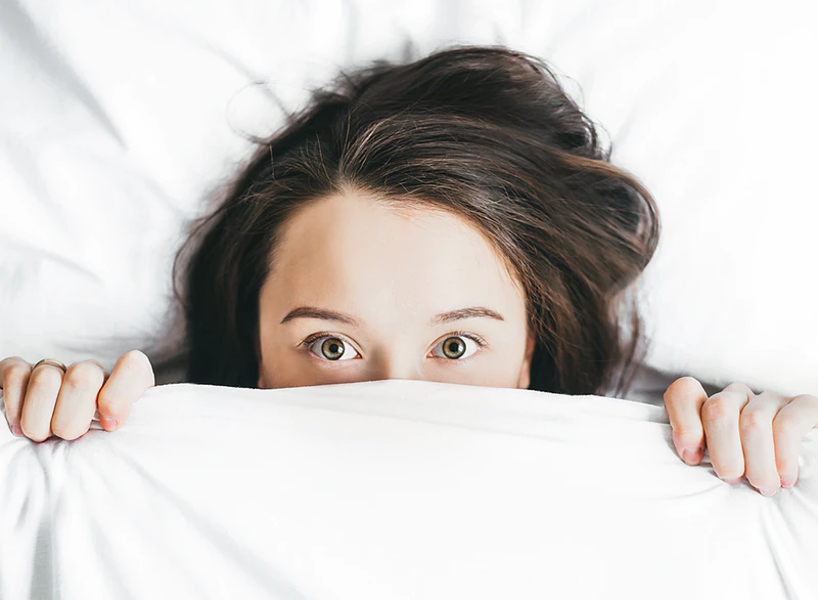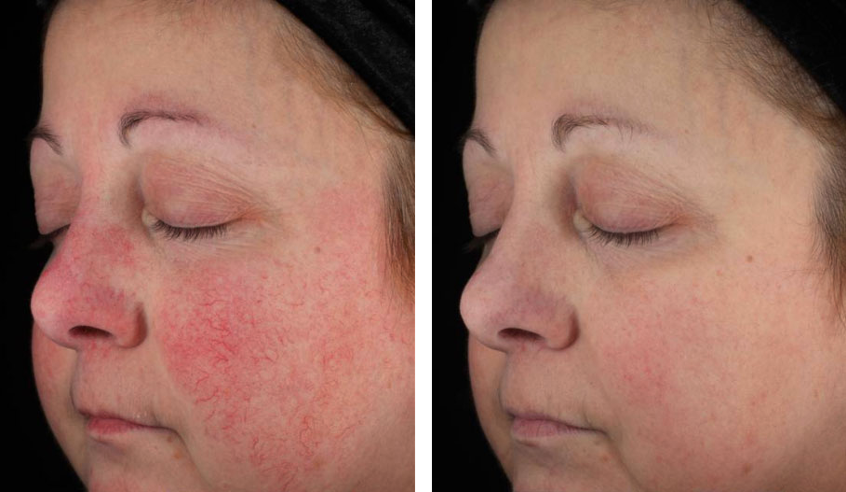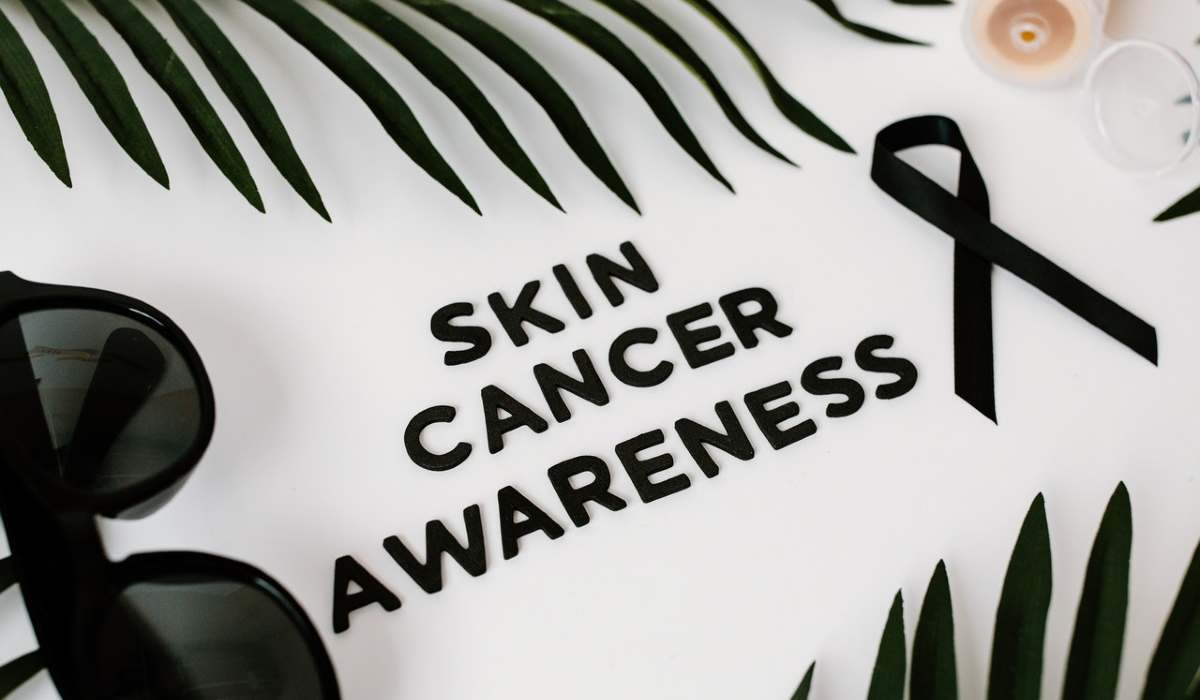Changes in our skin as we age are inevitable, including loss of moisture, changes in…

Maintaining healthy skin at home – From mild acne to rosacea
Whether you read this in the thick of COVID-19 lockdown or when the dust has settled and the world returns to normal, it is abundantly clear that these unprecedented times have forced us all to think in different ways and adapt when our usual lifestyle gets interrupted.
Hopefully, we won’t find ourselves in a similar predicament again, but there can be no mistaking the value of insight and broadening our knowledge.
And that is precisely the point of this post – to help anyone who is dealing with an interruption to their aesthetic treatments understand how they can help themselves through those times like these – when the luxury of quick laser treatment is out of reach.
And if you have a particular need which we don’t cover here, please contact us through our contact page and we’ll do what we can to steer you right.
To be crystal clear – it is unlikely that you’ll find an at-home remedy capable of serving as a miracle fix. For most people, these kinds of natural treatments are not able to actually cure your conditions.
Best ways to manage acne at home
The first step is always understanding. What causes acne? It’s not actually caused by poor personal hygiene, but rather by our hormones and genetics – certain of which culprits increase the size of your oil glands, raising the chances of your pores getting blocked and feeding the bacteria living on the skin with everything it needs to create acne spots.
Many at-home remedies are purported acne-clearers through their anti-inflammatory properties or their presence in face washes and the like, however, this doesn’t mean they work how you’re hoping.
Aloe vera, tea tree oil, apple cider vinegar, green tea, honey or supplements like zinc and fish oil are the usual suspects and, sadly, offer no guarantees whatsoever.
A strong face wash containing benzoyl peroxide, salicylic acid, glycolic acid, niacinamide or vitamin A retinol is your best bet for maintenance until you can get to see a laser specialist for acne treatment and clear those blemishes for good.
Anyone in need of acne treatment in Cambridge, please don’t hesitate to contact us.
Can stretch marks be treated at home?
As with any condition, there is a lot of hearsay online surrounding this topic. Unfortunately, there is no conventional medical treatment for stretch marks at all, meaning you’re not likely to find an at-home solution for this one (no matter what that targeted ad might claim!).
Laser treatment for stretch marks has been shown to improve the appearance of the marks, though we suggest consultations before any action.
Of course, our bodies are our own, and if you find a remedy you believe helps then we encourage you to fully research the remedy and contact a professional if you’re wary of any issues developing.
At-home hair removal
Most people who suffer from unwanted hair on their bodies have likely already trialled and tested a wide selection of shaving products and hair removal creams and settled on the one which fits their skin best.
Many might not even realise that laser hair removal is a possibility – one which grants a permanent reduction to those undesired patches of hair.
While typical at-home hair removal products do a perfectly suitable seeming job, these are only ever effective at removing surface hair, leaving the hair in the follicle. If you’re seeking a more permanent solution, find a laser specialist near you and get yourself booked in for a consultation as soon as you can.
Hopefully, this helps assuage any worries you might have if your course of laser hair removal treatments was put on hold due to lockdown.
Maintaining a deep clean
Most of us who take pride in the health of our skin are no strangers to the benefits of exfoliating or chemical peels, helping to stimulate new cell growth and reveal fresh, clearer and more rejuvenated skin.
As a baseline, aim to cleanse twice daily using warm water (and a flannel, ideally, to be sure you’re clearing the dirty and dead skin cells away). As for which exfoliating products or skin peels are best for you (or even necessary), this comes down to personal preference – always consider what is best for your skin, avoiding any ingredients you have reacted poorly to before.
Introducing cleansing micellar water or a tiny dose of retinol into your skincare routine can make a big difference in your deep skin clean, too.
Rosacea treatment
Rosacea (rose-ay-sha) often goes untreated for a long time, with many sufferers attributing their ‘Red Face’ symptoms to daily stresses, poor eating habits, windy weather or not getting enough exercise.
There are a number of antibiotics and topical creams capable of dulling the glowing redness rosacea brings, some of which you might have been relying on for years as part of your day to day skincare routine. Sadly, these at-home remedies are rarely effective treatments, being better served instead as temporary fixes.
While laser treatment for rosacea is hands-down the best course for managing this condition, there is a lot you can do at home to help prevent flare-ups and subdue the symptoms (which can include a real burning heat sensation in more severe cases).
Avoiding excessive exposure to the sun or strong winds should be easy enough if you’re abiding by the lockdown rules, however, steering clear of stress or too much alcohol is just as important (and perhaps twice as challenging).
Rosacea can cause mild acne, burning discomfort and feelings of self-deprecation, but all this can be treated with stunning success. If you’re a sufferer only just realising what the problem was all along, do everything you can to maintain your rosacea outbreak and book a consultation for laser treatment as soon as you are able to.





